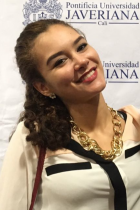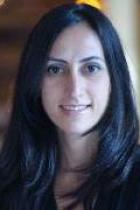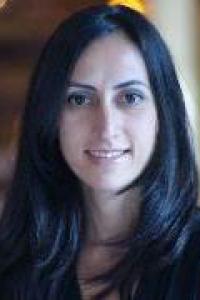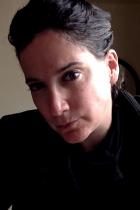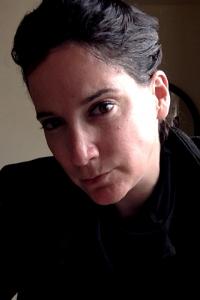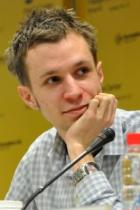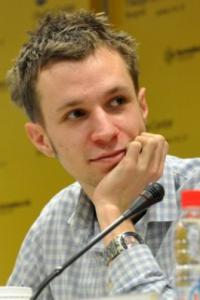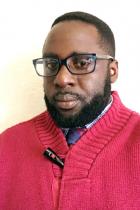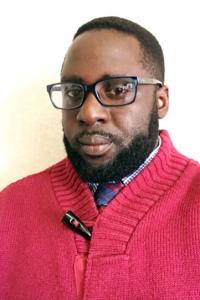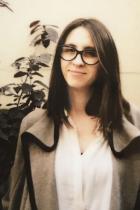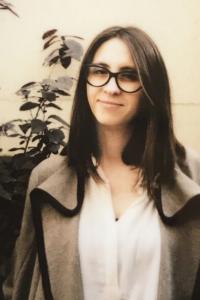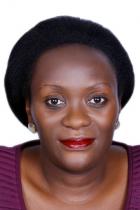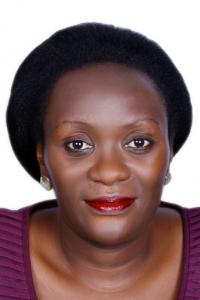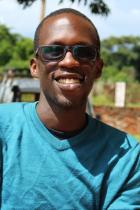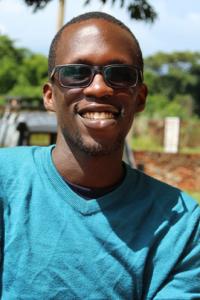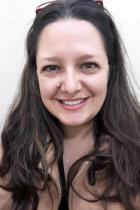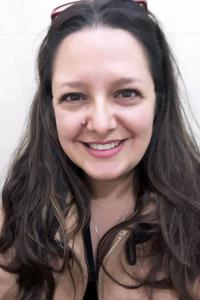Laura Alvarez
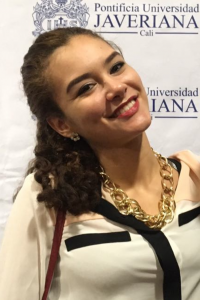
Laura Alvarez is a political scientist with an emphasis in democratic governability and international relations. From Cali, Colombia, Laura works at the Pontificia Universidad Javeriana's Institute of Intercultural Studies (Instituto de Estudios Interculturales), which is known for its involvement in both scholarly and advocacy work. Laura's position as researcher has enabled her to work on a number of peacebuilding and applied research projects with communities that have been victims of the Colombian conflict, and that are working towards reconciliation. Recent projects include establishing a dialogue between indigenous communities and sugar cane industrialists, and the creation of a regionally-focused post-conflict development plan in Montes de Maria that involved government, women’s and victim’s organizations, and peasant, indigenous and Afro-Colombian communities.
As an AHDA fellow, Laura plans to develop a project proposal that will focus on collecting stories and testimonies about Colombian victims that have been displaced by violence, suffered human rights violations and later became heroes in their own communities, fostering reconciliation and peace building. These stories will not only be presented as reports on the Colombian post-conflict Truth Commission, but also will be made public through various media resources, so that they can be known and the victims can be acknowledged.
Laura is a Ford Foundation Fellow.






